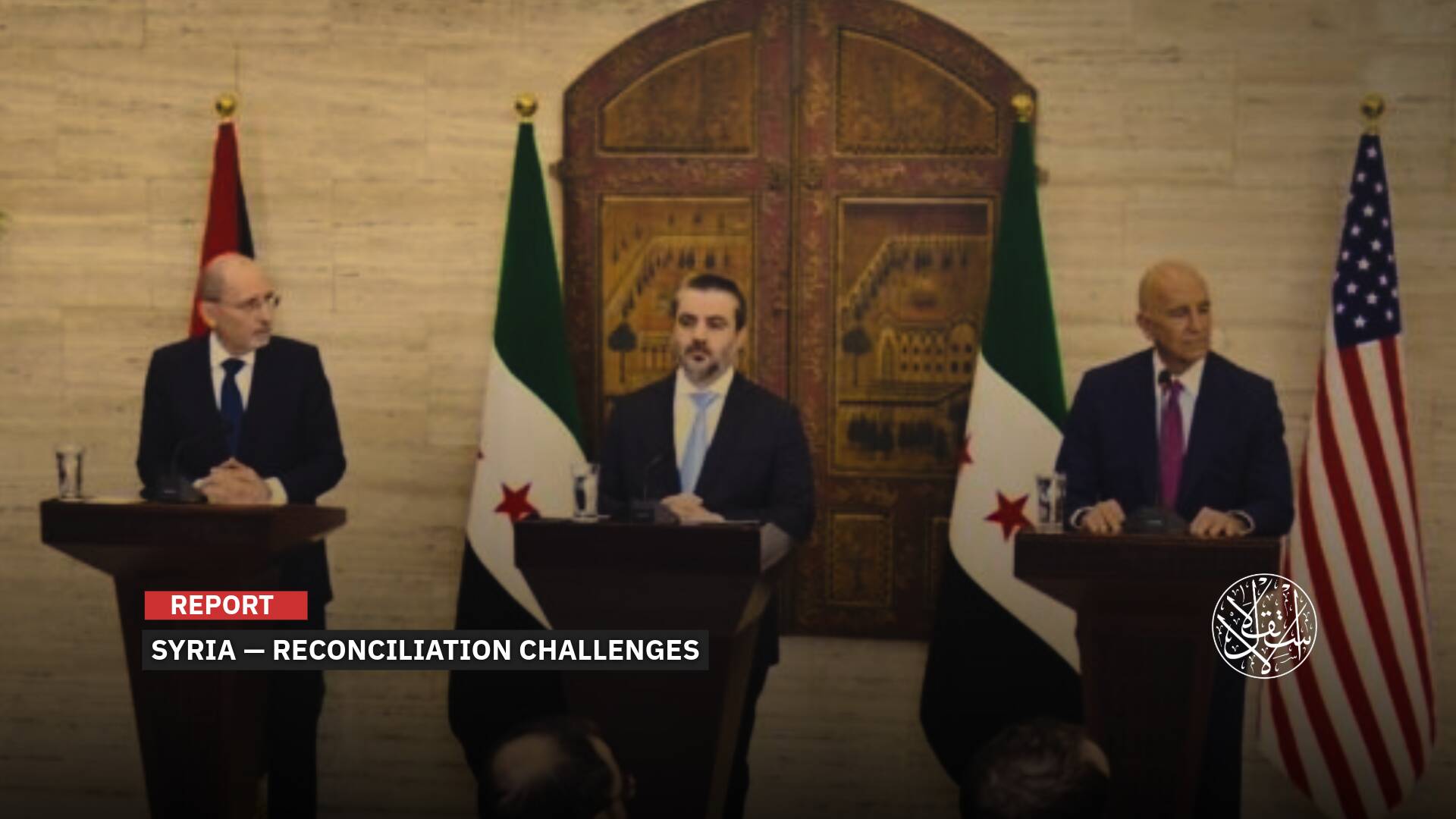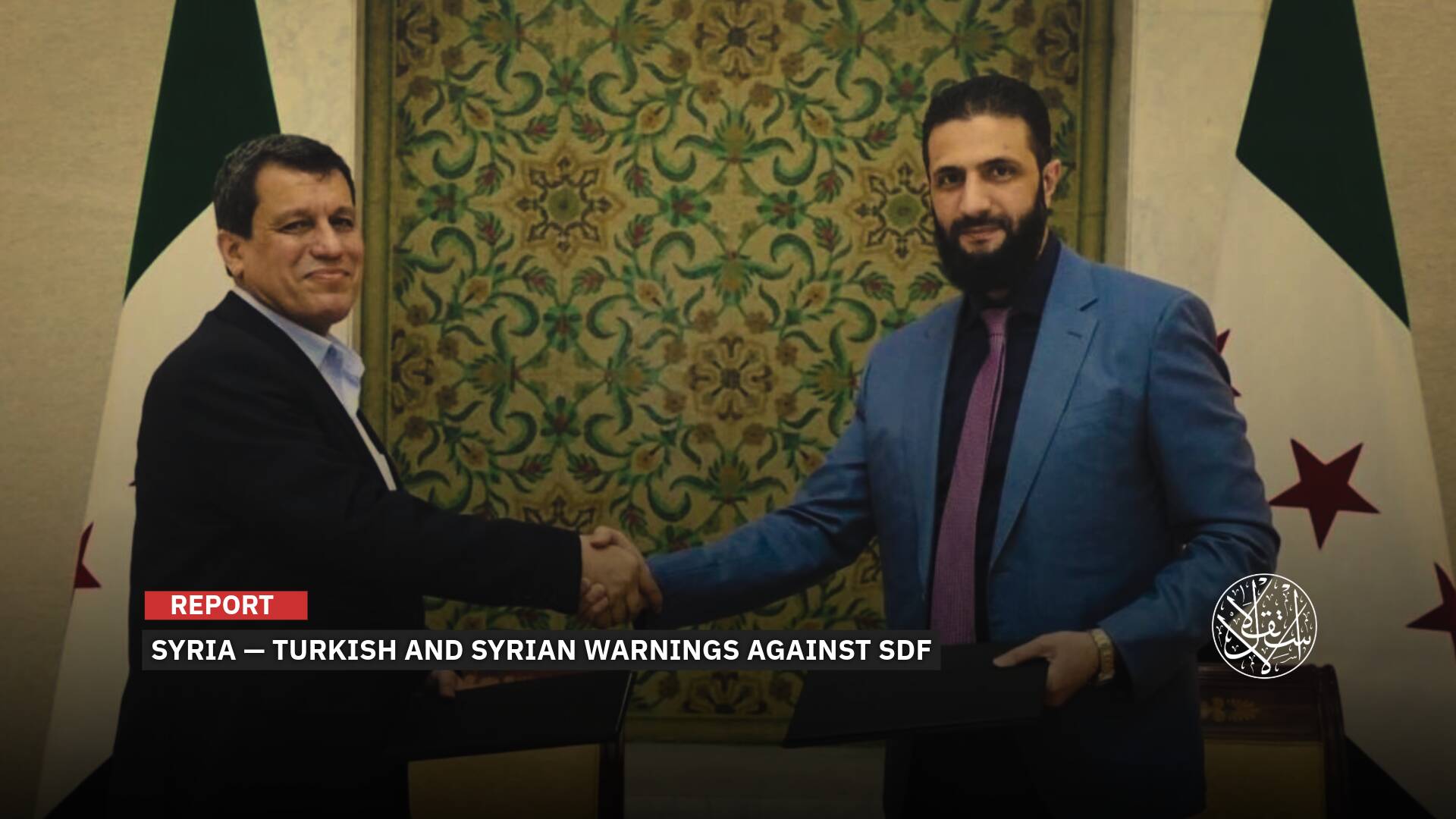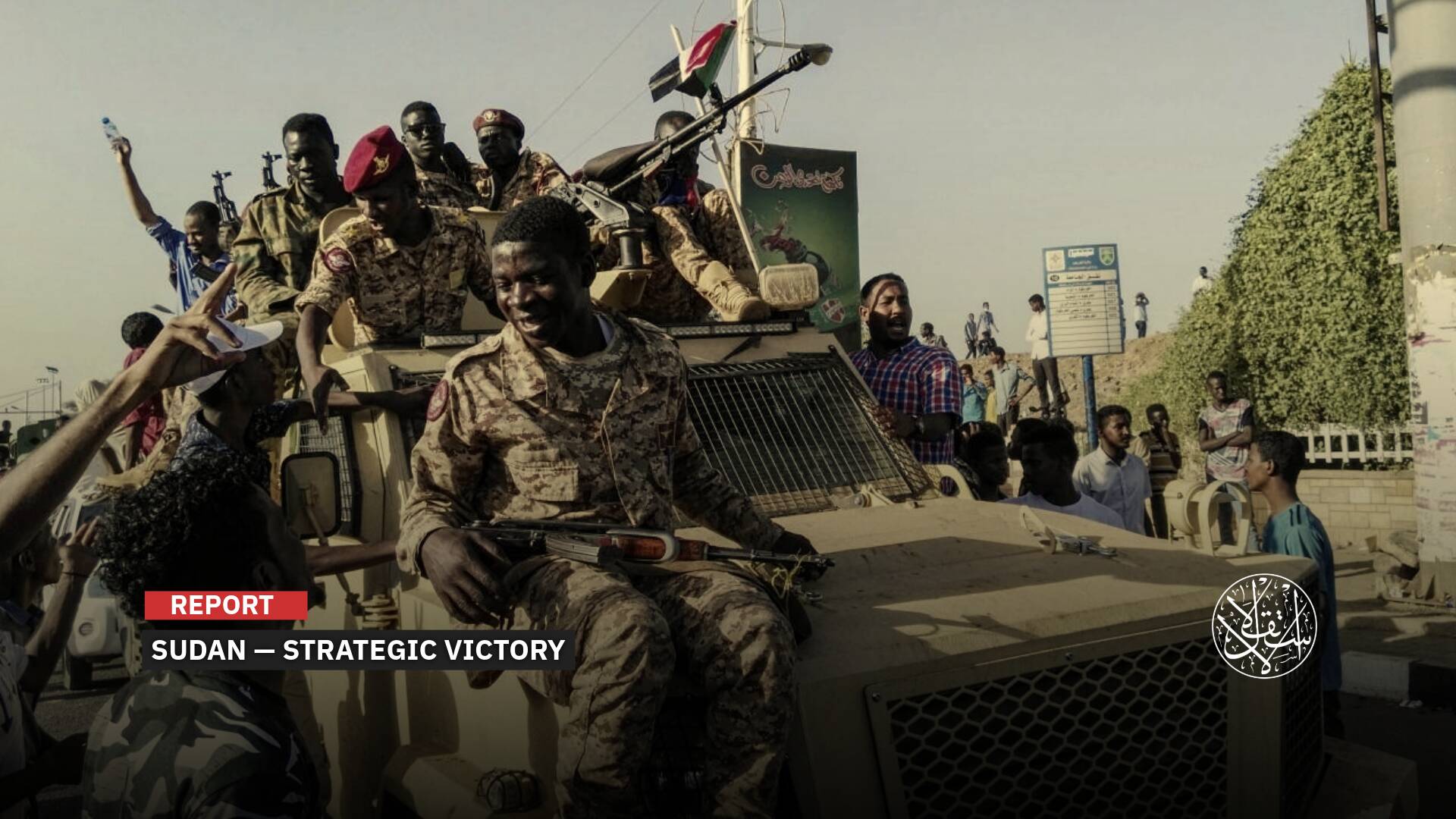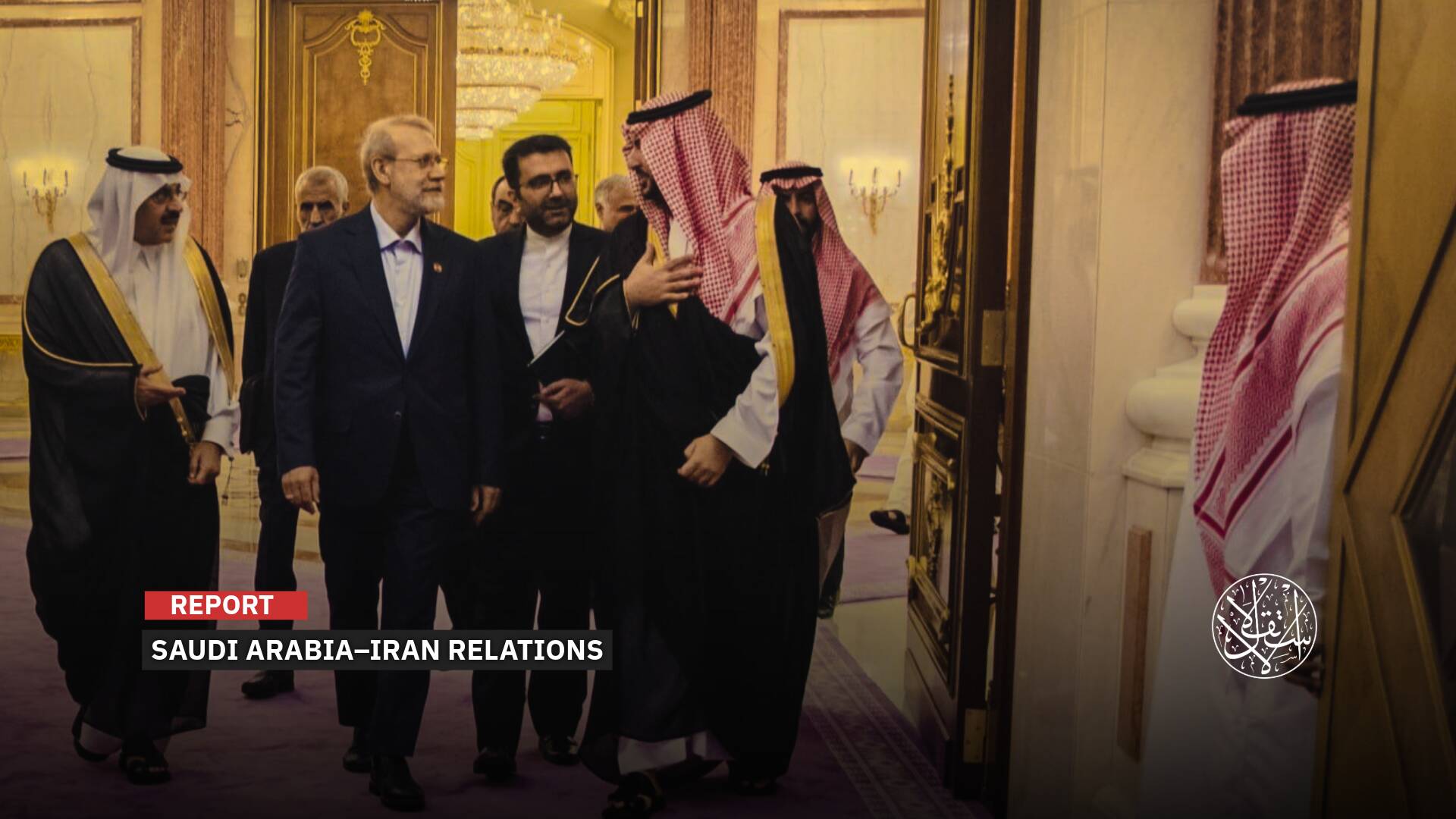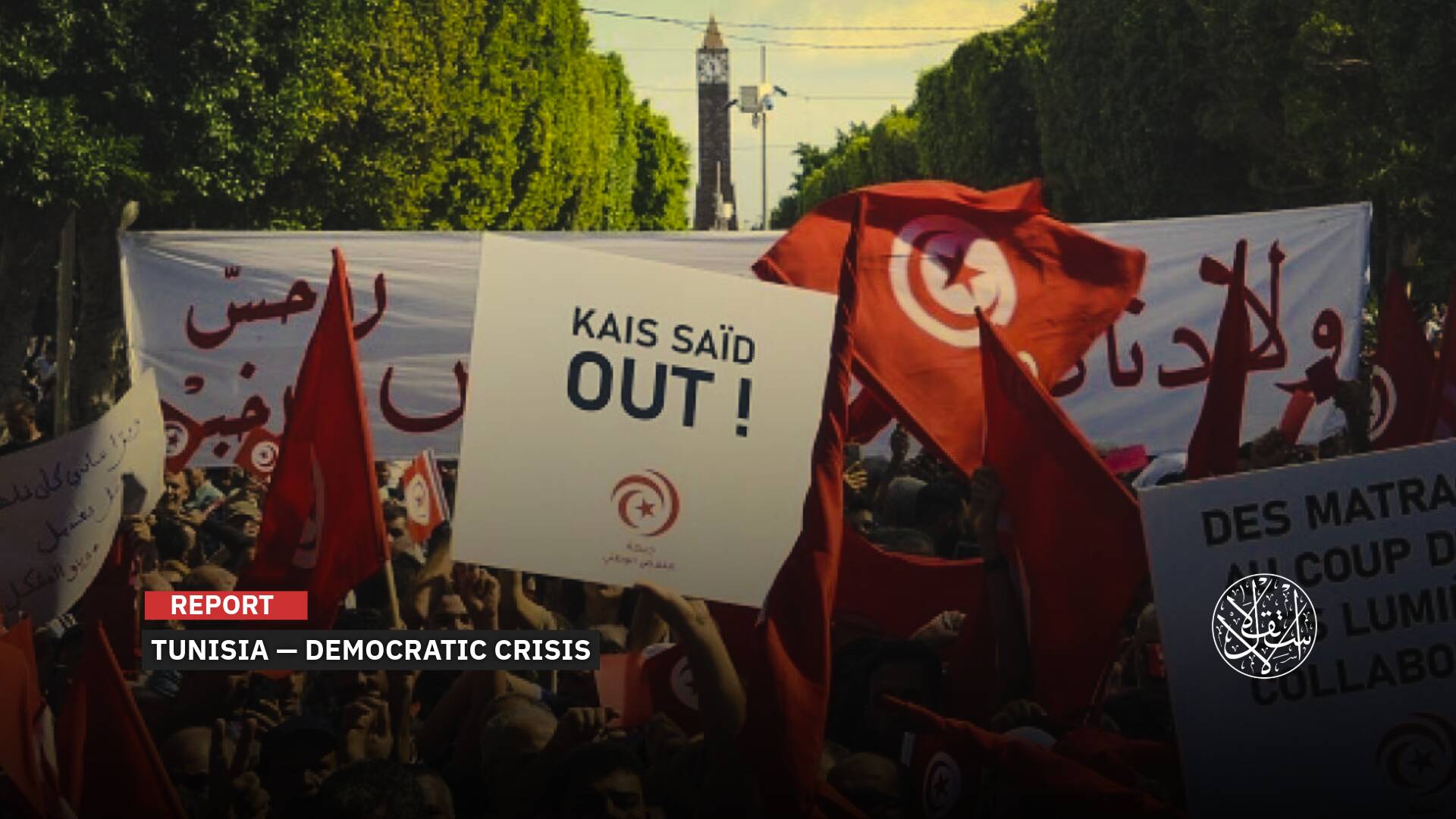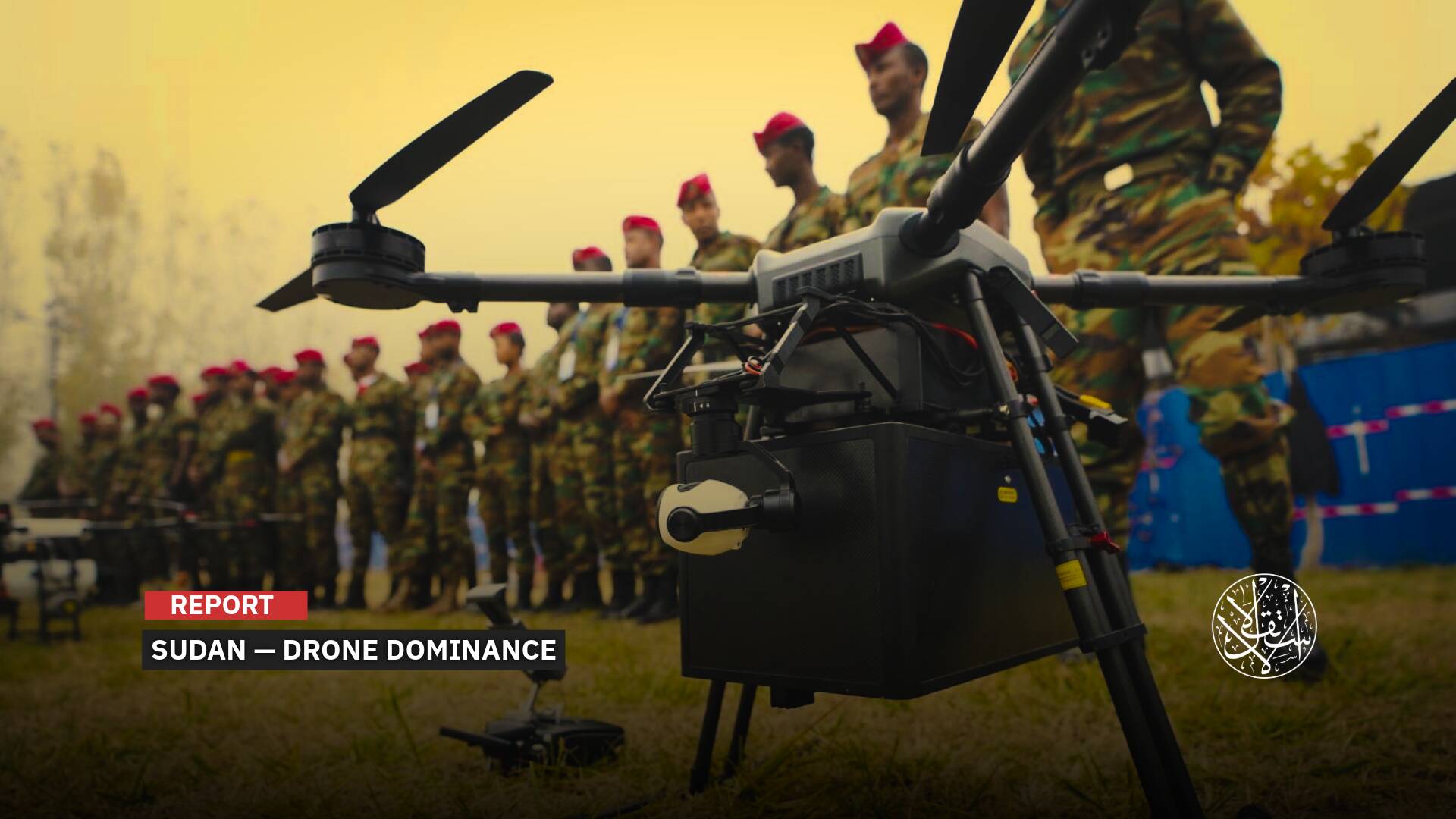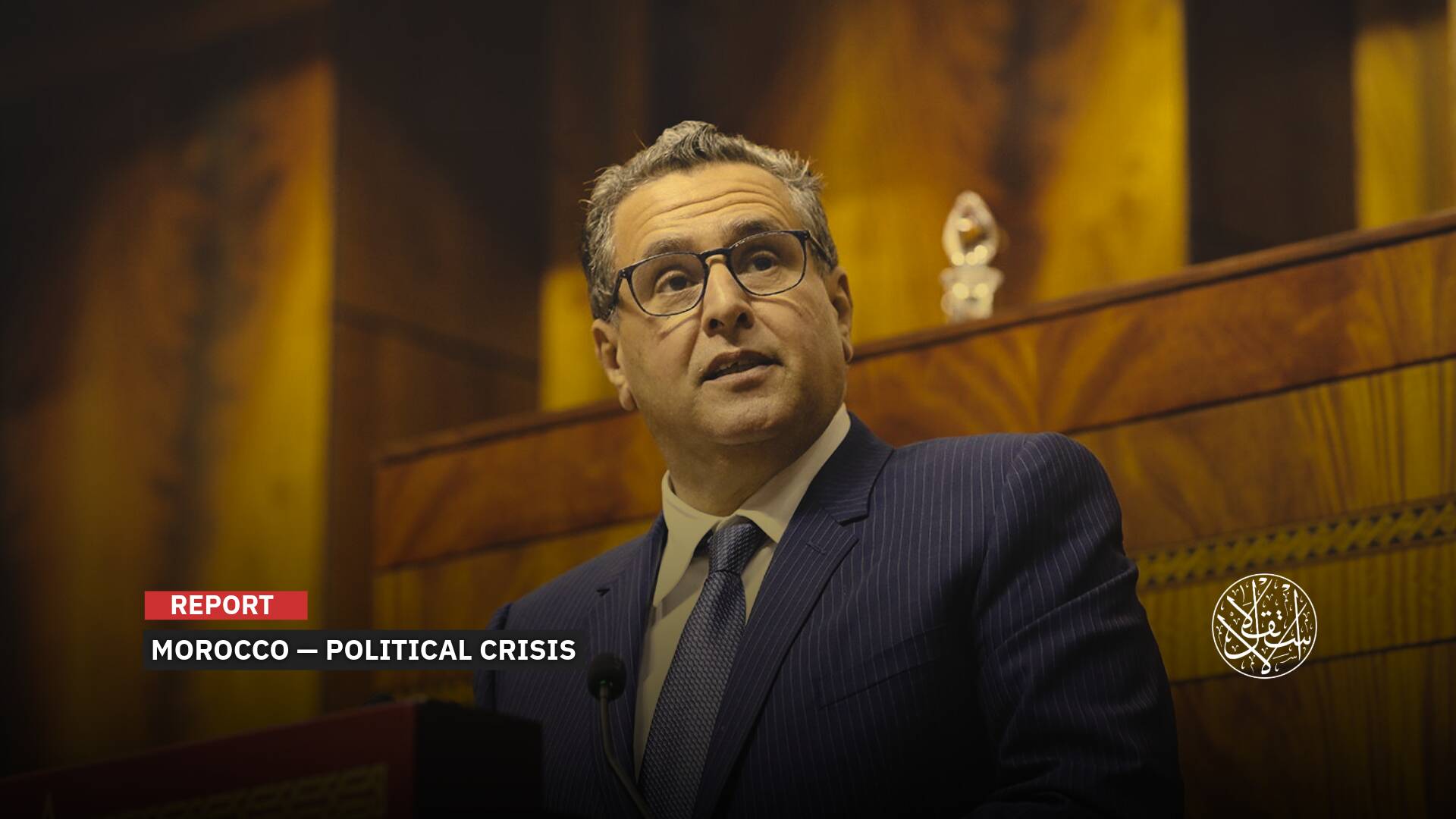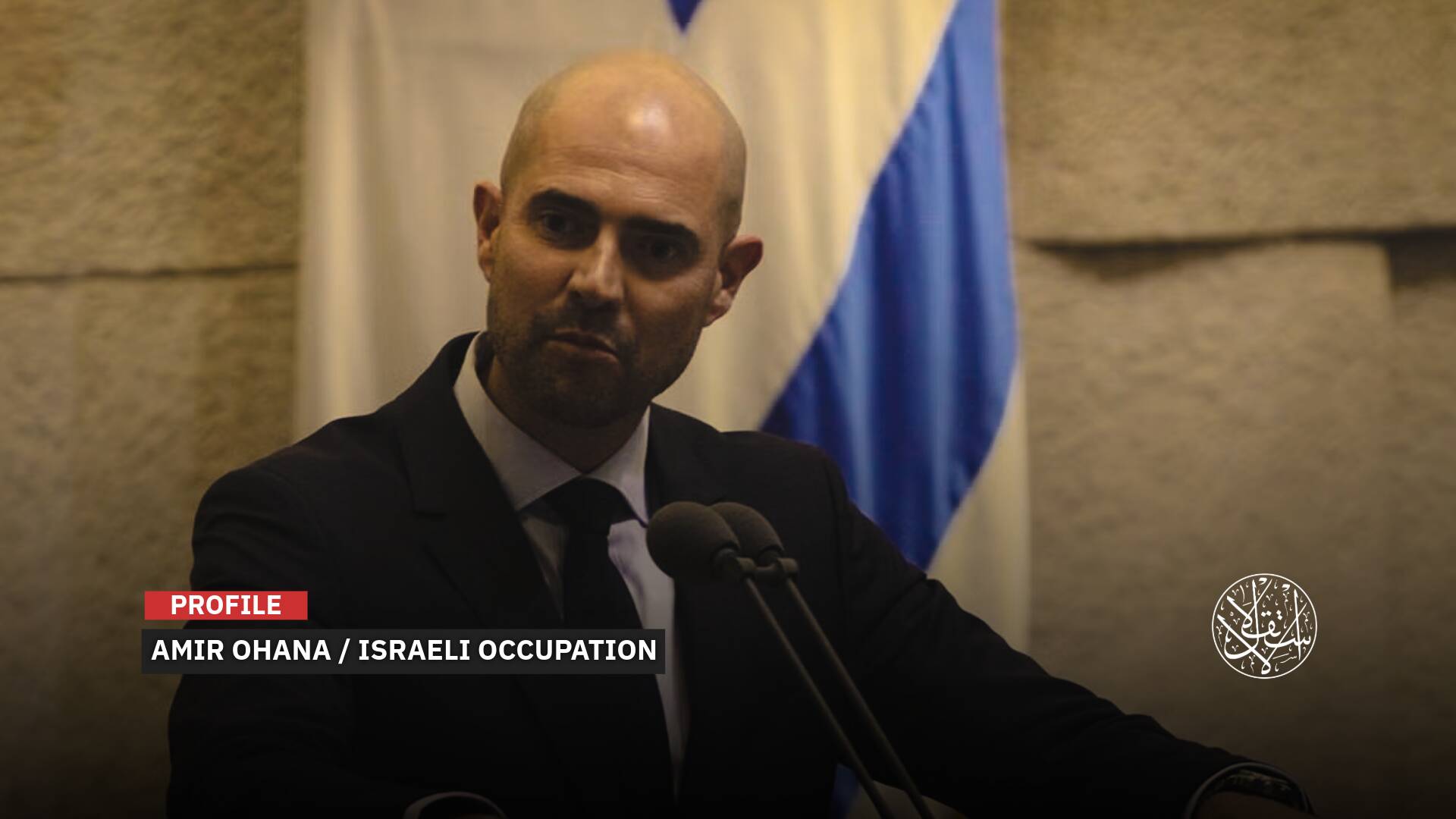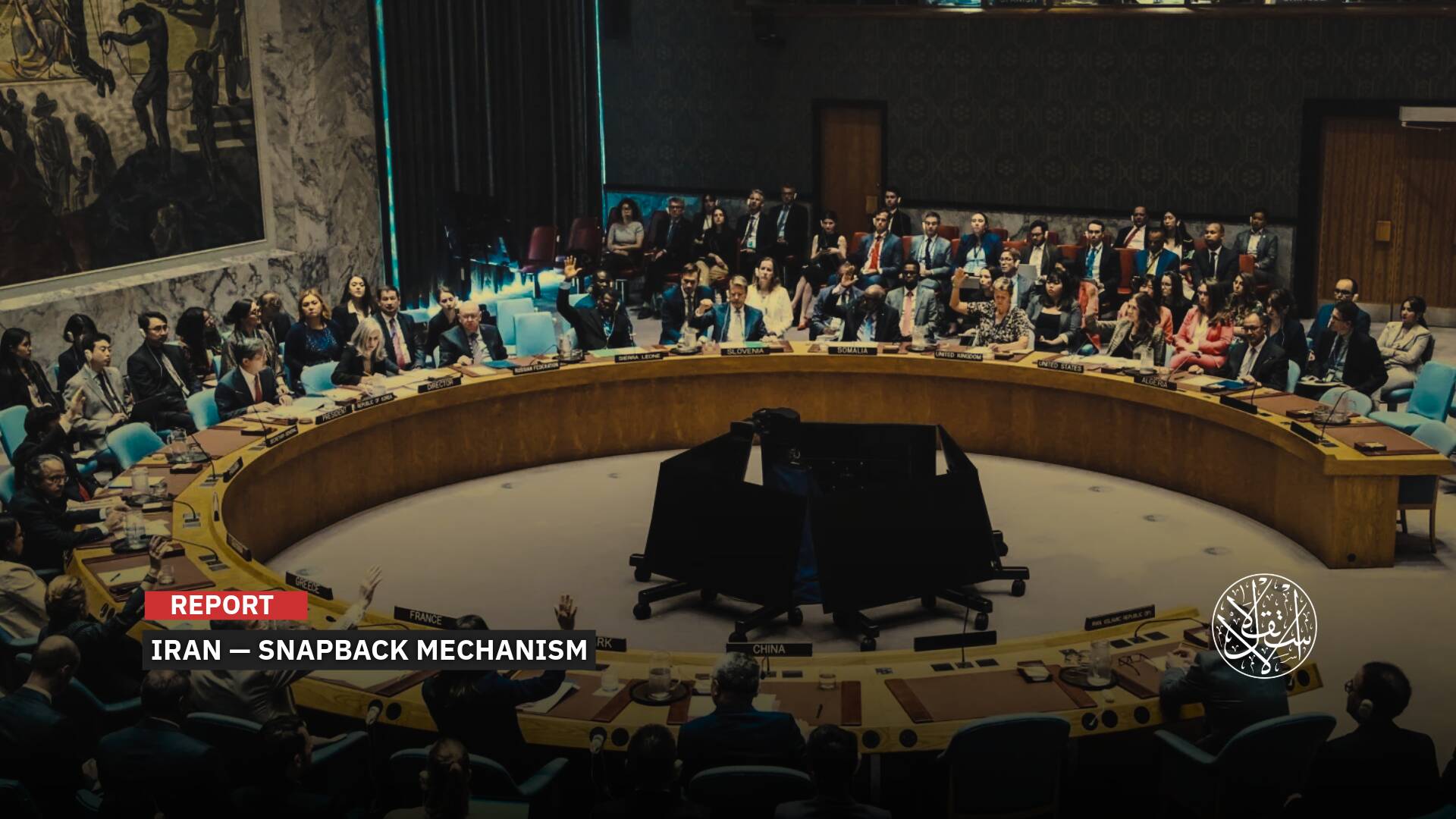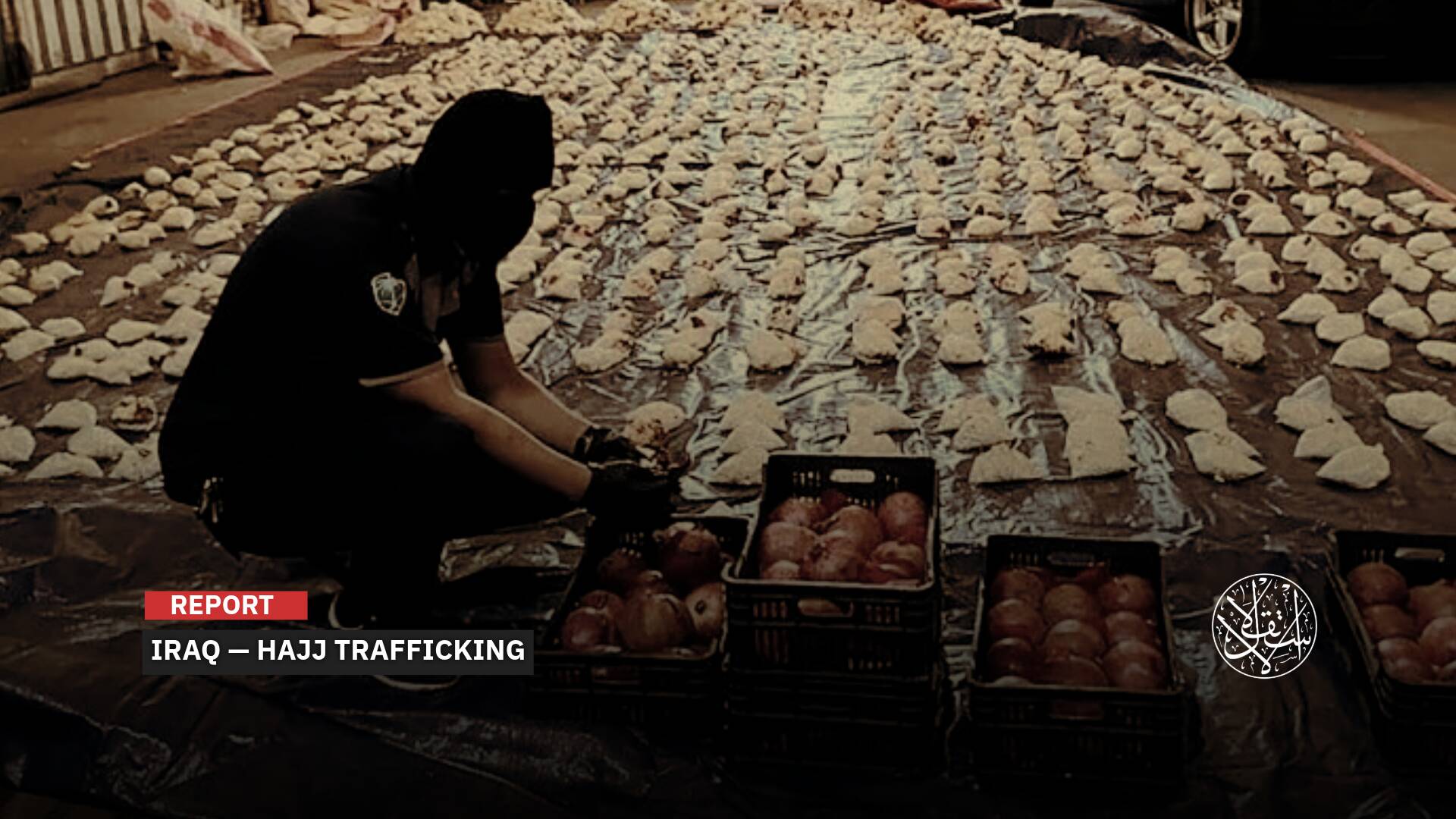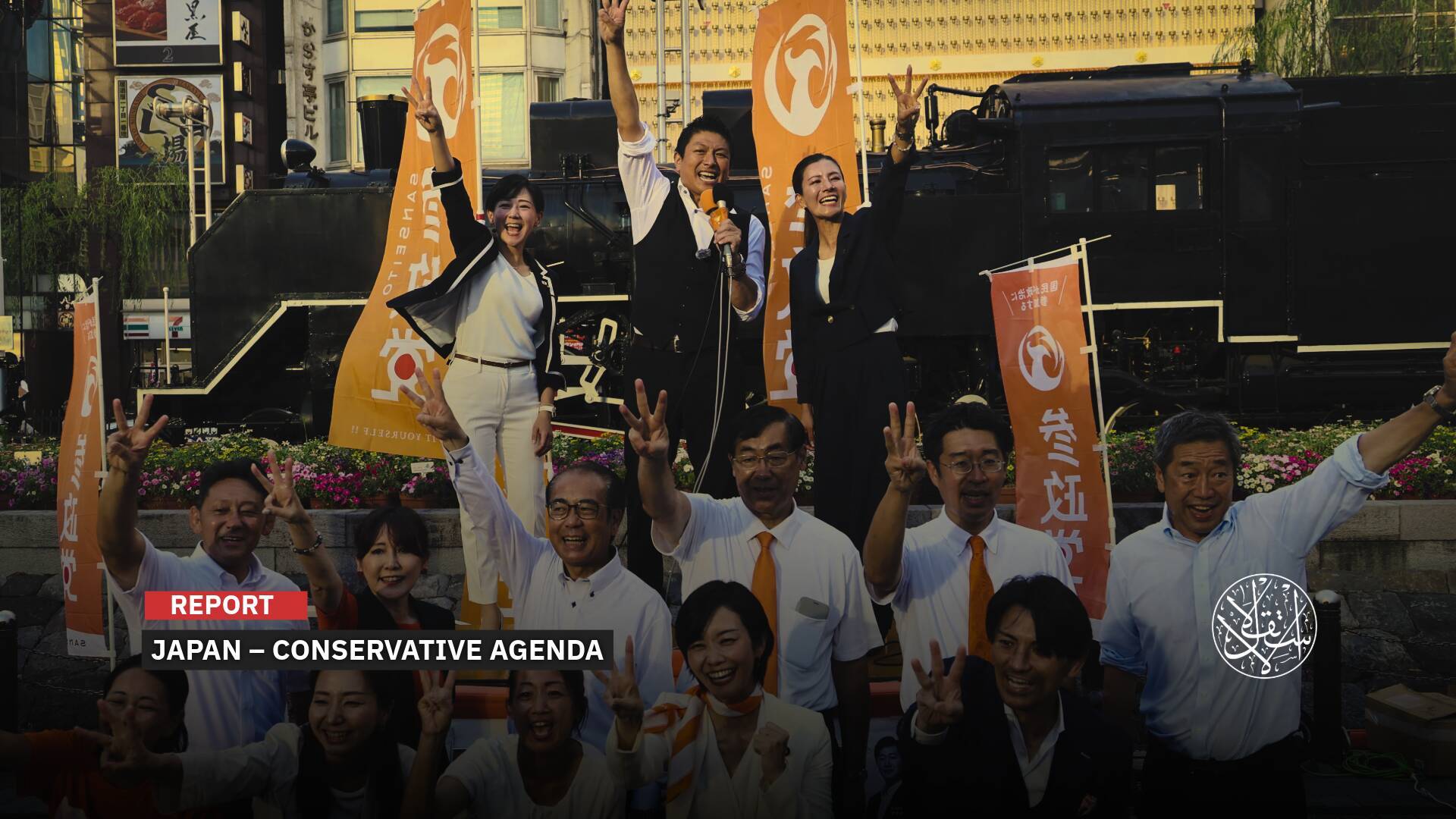'Direct Ties': Why Jordan Stepped in To Support the Syrian Leadership Amid the Sweida Crisis
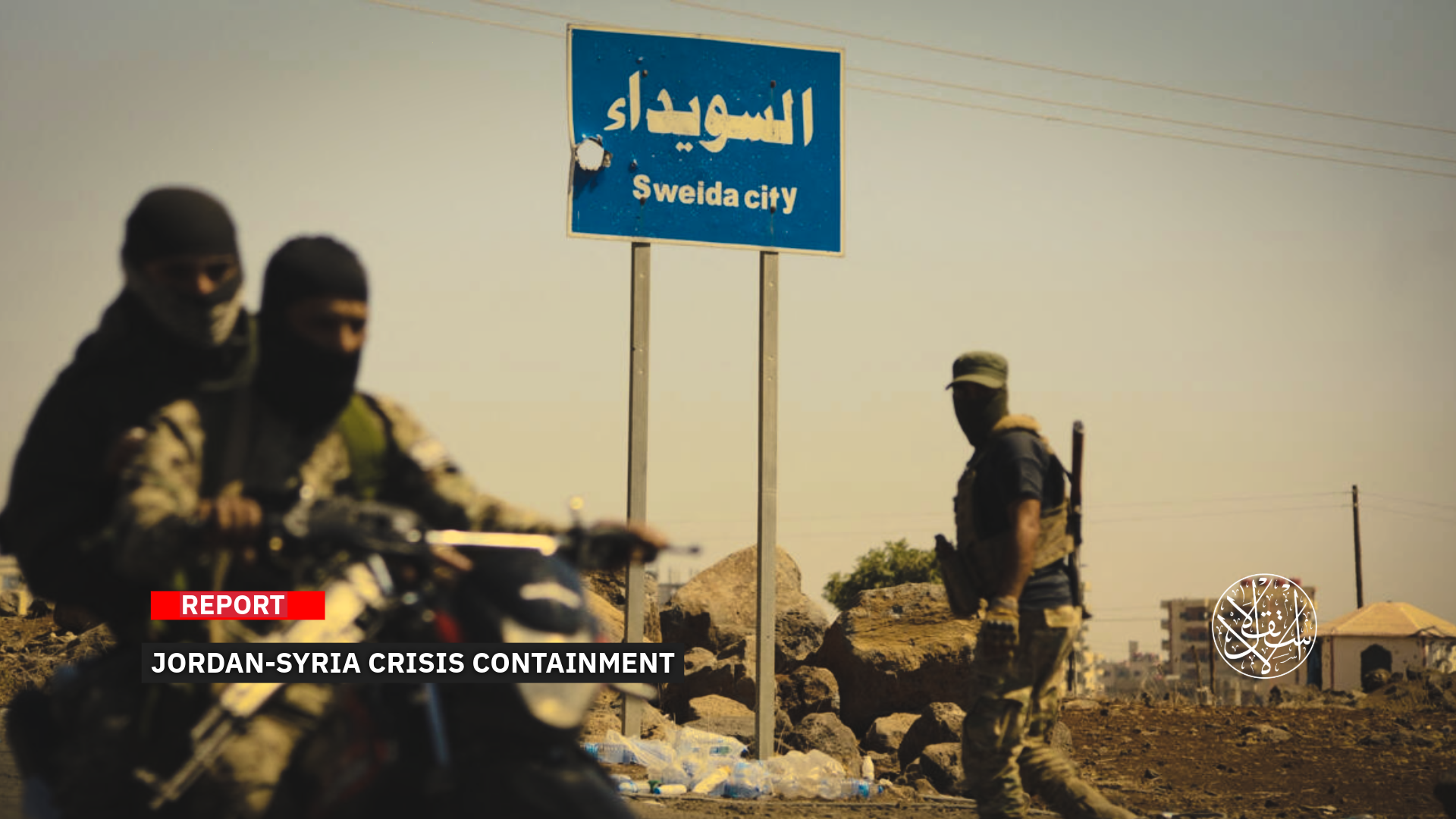
Jordan harbors deep concerns over the prospect of geographic fragmentation in Syria.
Jordan’s role following the outbreak of clashes in Syria’s southern Sweida province has gone far beyond diplomatic gestures to ease tensions, shaped instead by the deep social and tribal ties that bind communities across the border.
Since the entry of Syrian Arab tribal forces to support Bedouin groups in their standoff with local Druze factions loyal to Sheikh Hikmat al-Hijri, the spiritual leader of the Druze community in Sweida, Amman has led regional efforts to de-escalate the spiraling conflict.
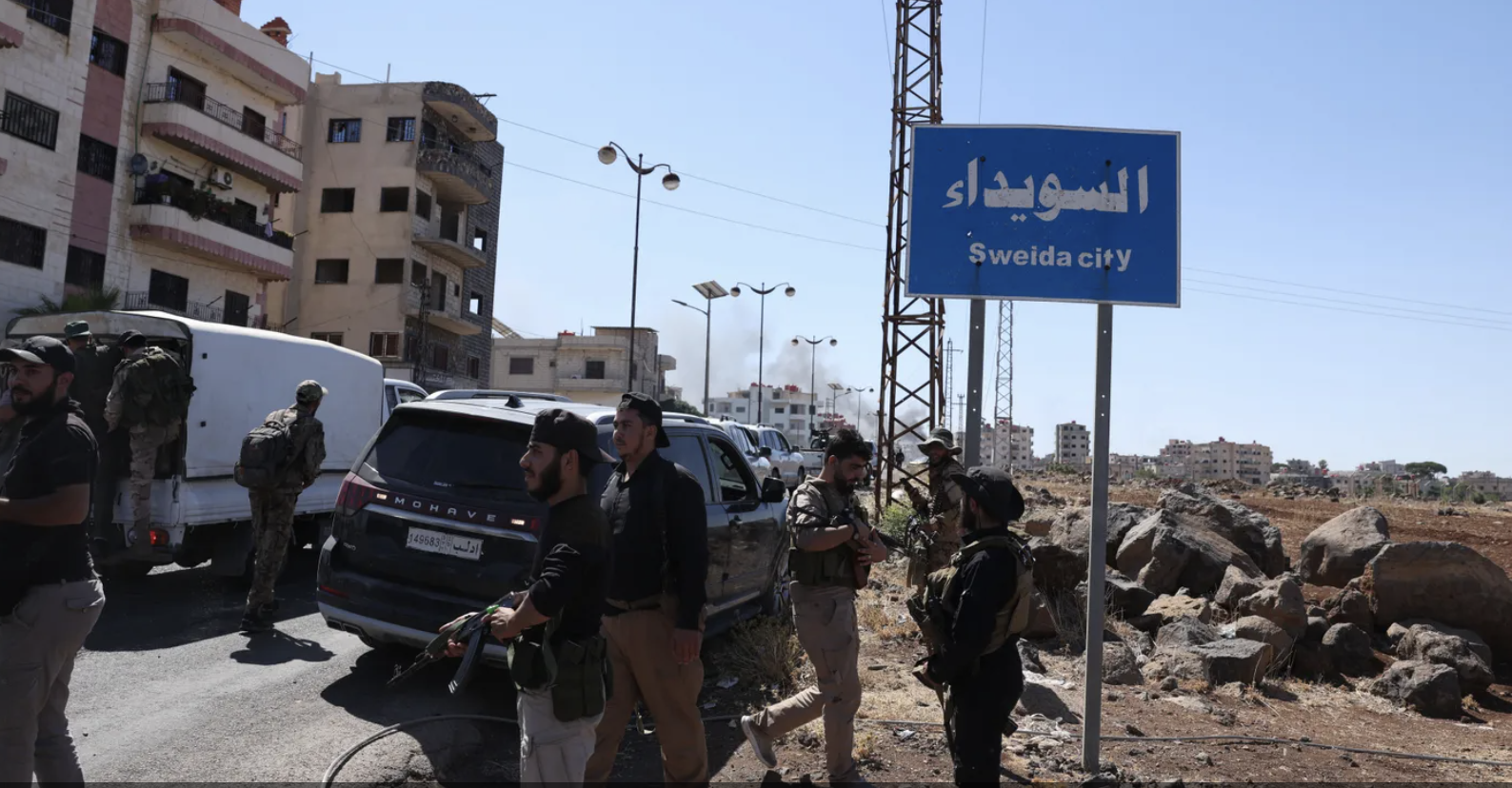
Crisis Containment Efforts
The killing and forced displacement of Bedouin families from rural Sweida by militias loyal to Sheikh Hikmat al-Hijri on July 17, 2025, triggered a mass mobilization of tens of thousands of fighters from Syrian tribal groups heading toward the flashpoint city.
Tribal and clan leaders from across Syria declared a general call to arms in solidarity with the Bedouin tribes of Sweida, a province dominated by the Druze community.
In a statement issued on July 17, the tribes said, "We are following with deep concern the crimes of killing and extermination being committed by al-Hijri’s terrorist militia against the Bedouin tribes in Sweida, and the waves of displacement and suffering inflicted on innocent civilians."
“Driven by our moral and tribal duty, we call on the government not to interfere with or obstruct the movement of fighters who have arrived from outside the region in solidarity with their Bedouin brothers. These men are exercising their legitimate right to defend the oppressed and protect women, children, and the elderly from aggression.”
In a video statement, the tribes issued an urgent appeal “to all tribal groups across Syria to head immediately to Sweida to save our people from massacre and ethnic cleansing.”
In response, the Jordanian army was placed on high alert along the Syrian border starting July 18, 2025, as tensions escalated in Sweida and dozens were reported killed on both sides.
The flare-up comes amid increasingly inflammatory rhetoric and growing fears of tribal clashes spilling over into Jordan, where deep familial and tribal ties link communities on both sides of the border.
Amid the rising tension, international efforts quickly gathered pace to contain the crisis in Sweida.
On July 19, 2025, Jordan’s Ministry of Foreign Affairs announced a trilateral understanding had been reached between Jordan, Syria, and the United States to take concrete steps aimed at supporting Syria in implementing a ceasefire agreement in Sweida.
The announcement followed two high-level meetings. The first was a bilateral discussion between Jordanian Foreign Minister Ayman Safadi and Tom Barrack, the U.S. envoy to Syria and ambassador to Turkiye.
This was followed by a trilateral meeting with Syrian Foreign Minister Asaad al-Shibani, where the parties discussed ways to solidify the ceasefire agreement reached in Sweida province.
The goal, they said, was to protect Syria, preserve its unity, safeguard its people, prevent further bloodshed, and uphold the sovereignty of the state and the rule of law.
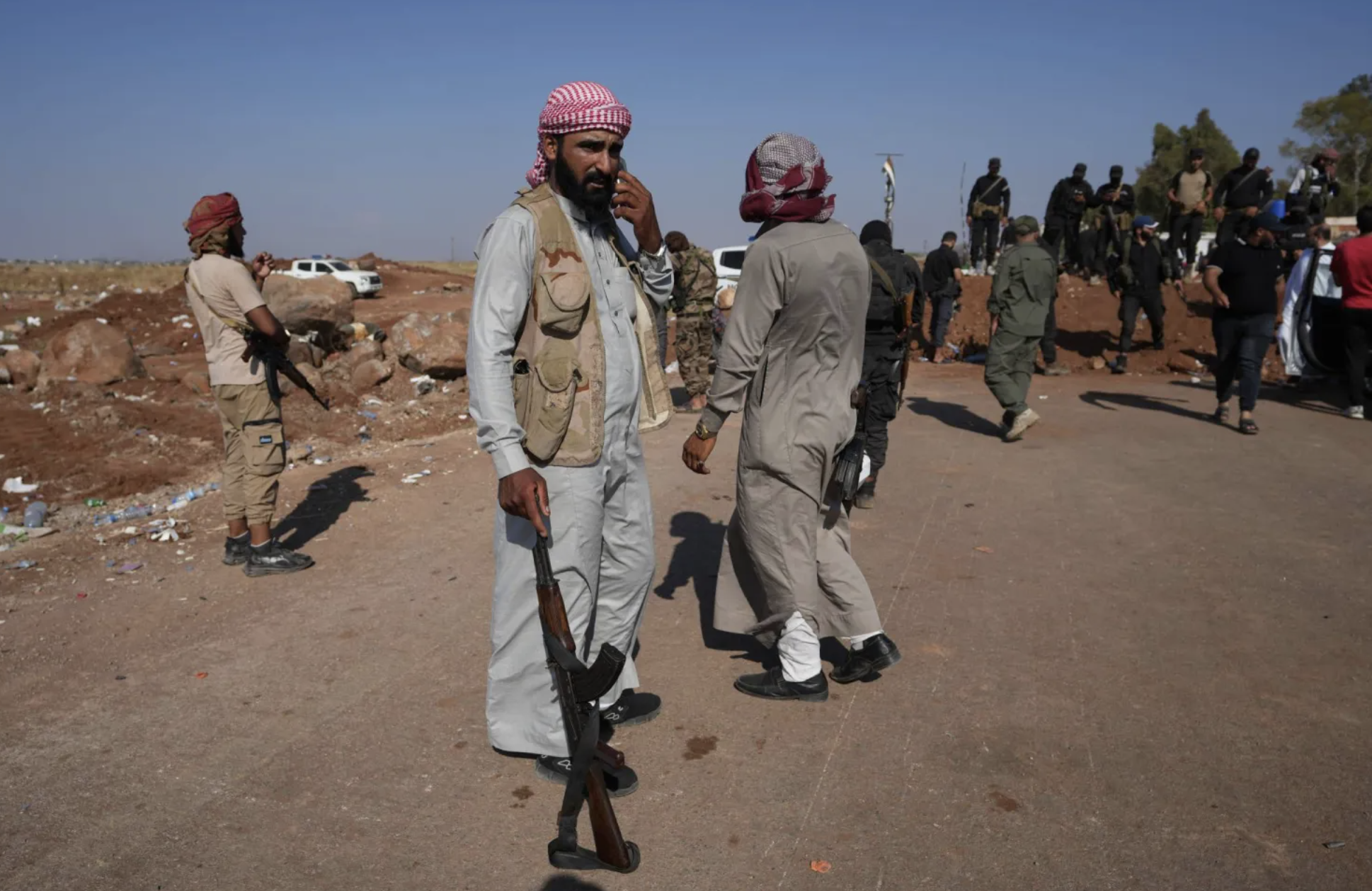
Geopolitical Interest
Jordanian Prime Minister Jaafar Hassan confirmed that the kingdom had “played a major role in containing the crisis” that unfolded in Sweida province in recent days, noting that the situation along the border “is moving toward stability.”
Speaking during a cabinet session on July 22, Hassan emphasized that Jordan “stands with the Syrian people in achieving their aspirations through all diplomatic means,” and continues to support them across multiple sectors, including civil defense, technical expertise, humanitarian aid, and administrative cooperation.
“Relations with the Syrian government are excellent, with ongoing communication and cooperation across all sectors. We have launched highly positive consultations, and there is great optimism about the future,” according to al-Mamlaka TV.
Hassan stressed that Jordan’s goal is to see Syria rise again as a strong, stable, prosperous, and unified country that maintains the sovereignty of its territory.
“We played a key role in Syria over the past days,” he said. “Jordan took significant diplomatic steps to help contain the crisis, and God willing, the situation will stabilize, and we can move forward.”
Prior to that, Jordan’s King Abdullah II had reaffirmed his country’s support for Syria’s security, stability, and territorial unity.
According to the Royal Court, the king underscored Jordan’s position during a meeting with Canadian Prime Minister Mark Carney in Ottawa, stressing the importance of safeguarding Syria’s sovereignty and protecting the safety of its citizens.
Jordan’s affirmation of support for Syria’s new leadership came as the kingdom pointedly ignored a request made by Hikmat al-Hijri on July 17, 2025, to open corridors from Sweida province toward areas controlled by the Syrian Democratic Forces in the northeast, as well as into neighboring Jordan.
On July 16, Hikmat al-Hijri publicly called on Israeli Prime Minister Benjamin Netanyahu to "save Sweida," openly appealing to Syria’s adversary and occupier of its land for support.
Just hours after al-Hijri’s statement, and amid Syrian army operations in Sweida to restore security, “Israel” launched a major attack on Syria.
The strikes targeted more than 160 sites across four provinces: Sweida and the neighboring Daraa, as well as the Damascus countryside and the capital itself, where the military headquarters and areas around the presidential palace were bombed.
Within this context, retired Brigadier General Abdullah al-Asaad, head of the Syrian Center for Strategic Studies “Rasd,” told Al-Estiklal that Jordan had played a crucial role in supporting Syria’s new government in responding to the events in Sweida.
He pointed to deep tribal ties that stretch from Hauran and Sweida into Jordan.
Al-Asaad explained that the social and tribal connections on both sides of the border mean Jordanian tribes are closely linked to what is happening in Sweida, particularly the attacks against Bedouin clans by al-Hijri’s militias.
He highlighted the intermarriage between tribes in Syria and Jordan as a significant factor in this cross-border solidarity.
He noted that Jordan feared from the outset that the unrest in Sweida might spill over into its own territory, which also hosts Druze tribes.
Al-Asaad added that Jordan, alongside Turkiye and the United States, acted as a guarantor because of its geopolitical interests in Syria and vice versa.
He pointed out that the tribes along the Jordanian border are predominantly the Arab al-Jabal community, further intertwining the region’s complex social fabric.
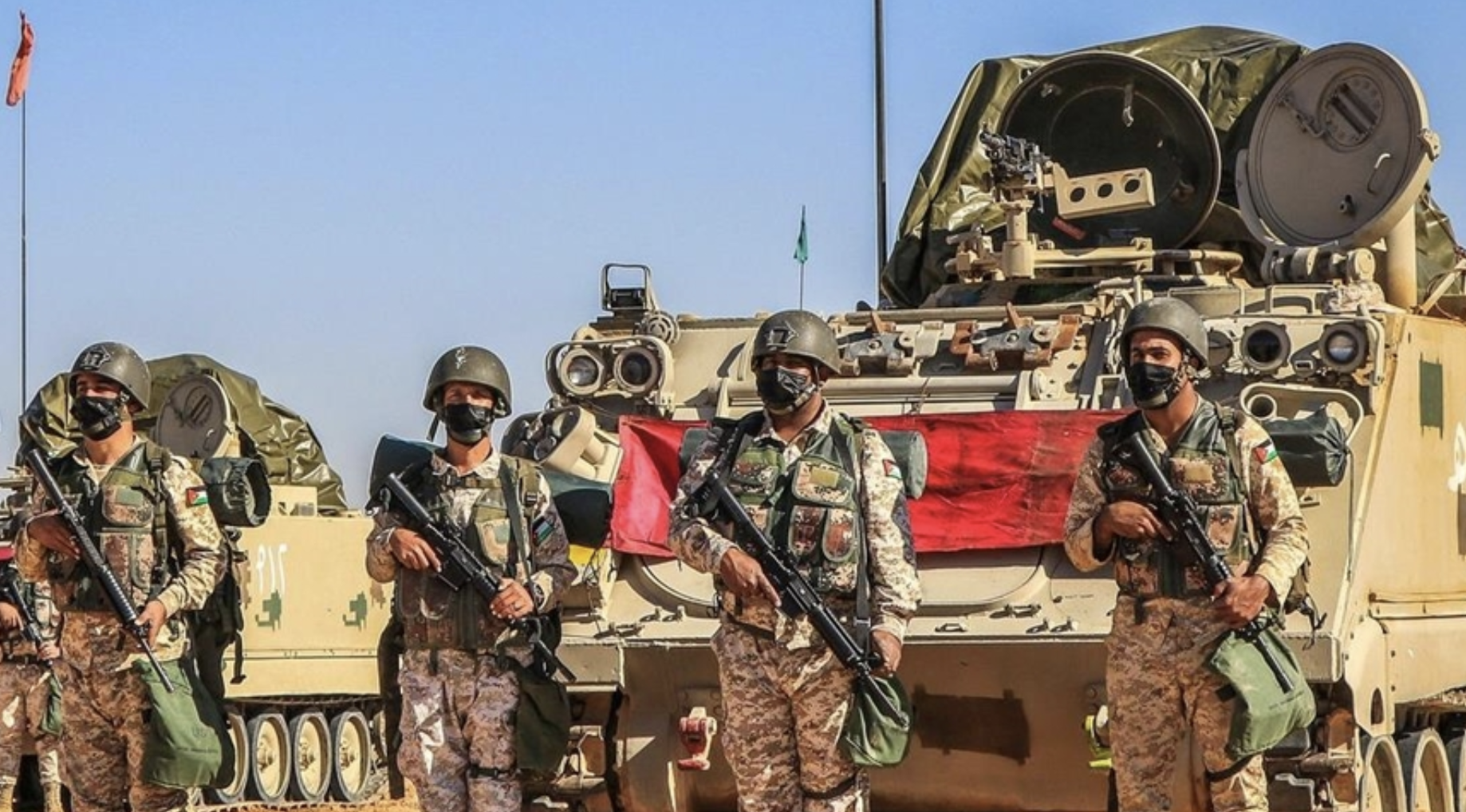
Genuine Concerns
Jordan’s stance appeared firm in preventing Hikmat al-Hijri’s attempts to isolate Sweida and in blocking “Israel” from expanding its involvement in Syrian affairs.
Massive military convoys and highly prepared Jordanian troops gathered, particularly in the northern province of Zarqa, ready to move at a moment’s notice.
The build-up reflected growing fears that the clashes across the border in Syria might spill into Jordanian territory.
These moves signaled intense pressure from Amman on al-Hijri, especially since Sweida borders Jordan and al-Hijri has sought to open a crossing as a lifeline for his plans. Yet, Jordan firmly rejected those efforts.
This concern was echoed by Jordanian political science professor Bader al-Madi, who said, “Jordan fears the possibility of geographic fragmentation in Syria and its future implications for Jordan’s national security—a matter that deeply worries many Jordanians.”
In comments made on July 19, al-Madi explained that “Jordan’s concerns stem from Israeli interference aimed at keeping the region unstable, meaning a divided Syria that could eventually export unrest into Jordan.”
He emphasized that “Jordan’s interest lies in keeping Sweida an integral part of Syria, with no geographic, ethnic, or social divisions. Such fractures would have negative consequences for neighboring countries and open the door to social incursions by Iran and Israel.”
Sources
- Al-Hijri calls for opening corridors to Jordan and areas controlled by the Syrian Democratic Forces [Arabic]
- Erdogan: The government has taken a firm stance and has not conceded on Sweida [Arabic]
- King of Jordan renews his country’s support for Syria’s security, stability, and territorial unity [Arabic]
- Jordan: We played a major role in containing the Sweida crisis and the situation is moving toward stability [Arabic]


